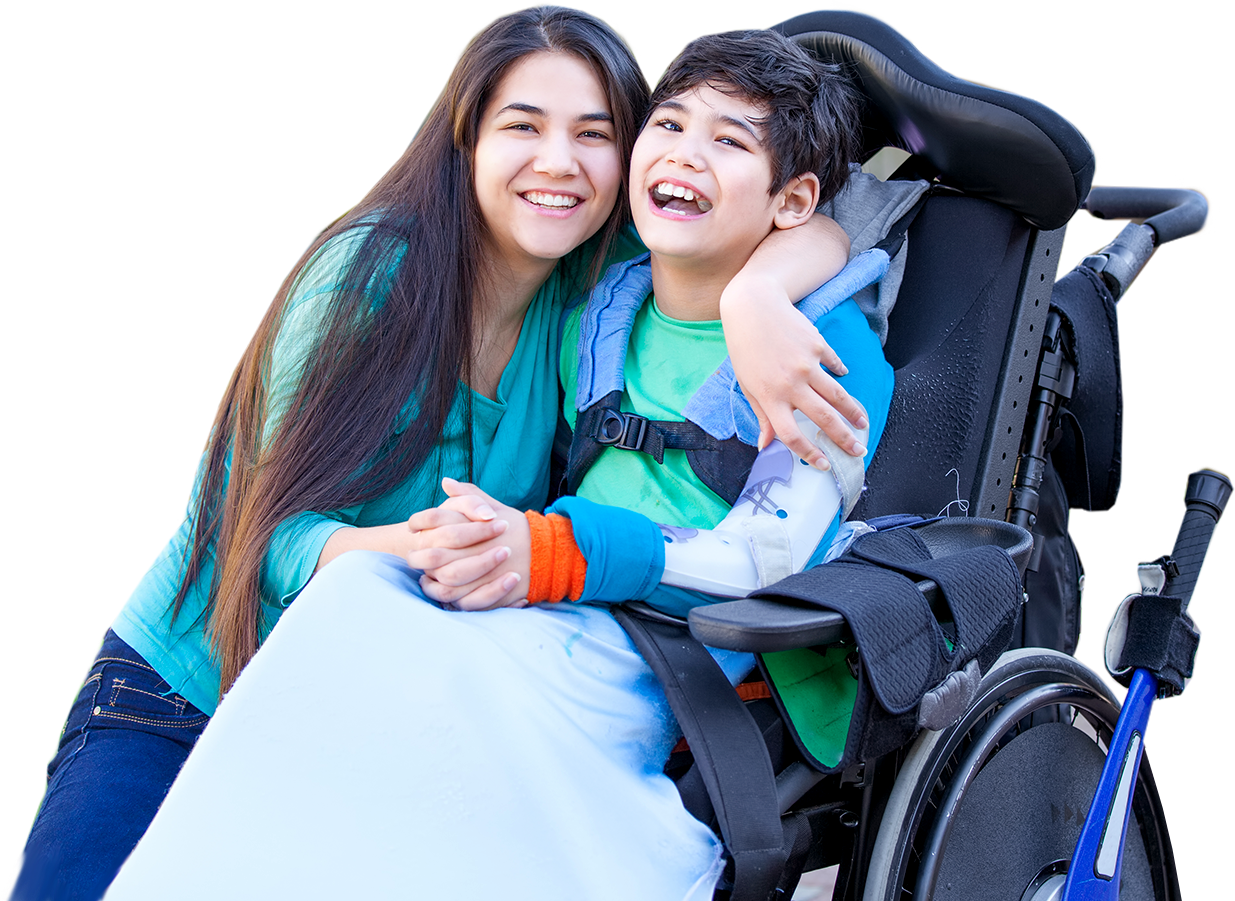CPFN Blog
advice to better care for your child

- Alternative
- Assistive Technology
- Associated Conditions
- Birth Injury
- Causes of Cerebral Palsy
- Cerebral Palsy Diagnosis
- Cerebral Palsy Information
- Cerebral Palsy Therapies
- Cerebral Palsy Treatments
- Child Development
- Doctor Visits
- Education
- Equipment
- Featured
- Legal Help
- Medical Research
- News
- Patient Care
- Prenatal Care and Childbirth
- Stories
- Tips for Parents
- Types of Cerebral Palsy
- Updates
How to Use Essential Oils for Cerebral Palsy
Although cerebral palsy is not progressive and the underlying damage doesn’t worsen, there is no available cure for the disorder. It is possible, however, to manage your child’s condition and help make their life as free of pain and stress as possible, and many parents of children with cerebral palsy turn to alternative therapies to... Read More
Jaundice, Kernicterus, and Cerebral Palsy
Jaundice is a condition that an estimated 60% of all babies experience. While this condition is certainly common, especially among newborns, it’s important to know the signs and treat jaundice as soon as possible to prevent the development of kernicterus, which could lead to permanent conditions such as cerebral palsy. Learn about the symptoms of... Read More
Can Low Apgar Scores Be an Indication of Cerebral Palsy?
Healthcare professionals evaluate newborn babies, grading them with Apgar scores, an assessment that analyzes their appearance, responsiveness and general condition shortly after birth. In this article, we take a closer look at the connection between low Apgar scores and cerebral palsy. What Is an Apgar Score? The Apgar score—developed in 1952 by Dr. Virginia Apgar—is... Read More
What Causes Hypoxic Ischemic Brain Injury?
Hypoxic ischemic encephalopathy (HIE) is a serious and life-threatening type of brain damage that can occur in infants. Parents of children with a hypoxic ischemic brain injury at birth face emotional, physical, and financial stress. To better understand HIE, let’s go over the details of the condition, how it impacts families, and what to do... Read More
What Can You Do if Your Child Suffers a Hypoxic Ischemic Injury?
Hypoxic ischemic encephalopathy, also known as HIE, is a life-threatening and serious birth injury that occurs around birth. HIE causes mild to severe brain injuries, sometimes even leading to significant impairments such as cerebral palsy or other developmental conditions. For parents of children with the condition, finding the right hypoxic ischemic encephalopathy treatment is key... Read More
How to Determine the Severity of Your Child’s Cerebral Palsy
Cerebral palsy (CP) is a condition caused by brain damage that affects muscle control and coordination, purposeful movement, and balance. Most injuries leading to cerebral palsy occur in a fetus or newborn’s developing brain. While early signs can indicate a child has cerebral palsy, many are not visible at birth and only become obvious as... Read More
Potential Signs of Cerebral Palsy in 17-24-Month-Olds
Doctors typically diagnose cerebral palsy in children after they reach 2 years old. That’s because many of the signs of cerebral palsy become more pronounced around a child’s second birthday. However, it is possible to receive a diagnosis before your child’s second birthday. Discover some of the most common potential signs of cerebral palsy in... Read More
How Kids’ Yoga Can Help With Cerebral Palsy
Exercise is often a challenge for children with cerebral palsy, yet they need physical activity to promote their overall health and wellness. Children with cerebral palsy often have reduced muscle tone and a limited range of motion. If you are caring for a child with cerebral palsy, you understand that child may require special medical... Read More
Is Cerebral Palsy a Neurodevelopmental Disorder?
Neurodevelopmental disorders are primarily associated with the brain and neurological system’s functioning, resulting in disability. Children with neurodevelopmental disorders such as cerebral palsy may have difficulties with motor skills, speech, language, memory, learning, behavior, and other neurological functions. Why Is Cerebral Palsy a Neurodevelopmental Disorder? Cerebral palsy (CP) is considered a neurodevelopmental disorder because it... Read More
Benefits of Acupuncture for Kids with Cerebral Palsy
If you’re the parent of a child with cerebral palsy, it’s likely been difficult to witness your child experience pain due to the condition. There’s no cure for cerebral palsy, but there are pain management techniques that can help your child live a life that’s as comfortable and joyful as possible. There are various ways... Read More
